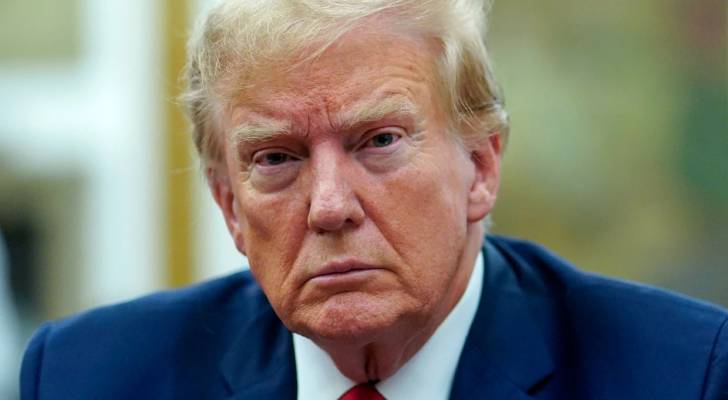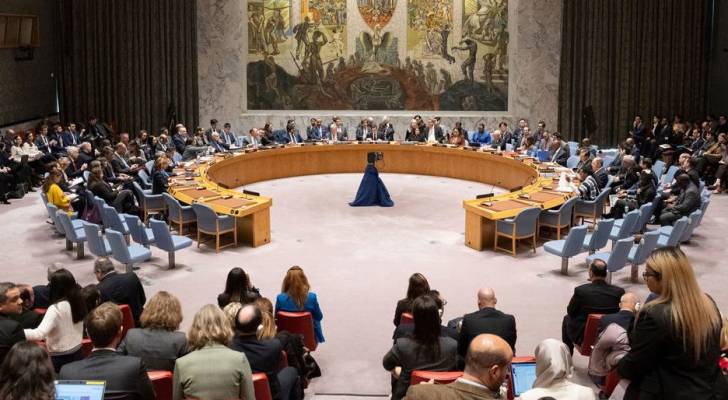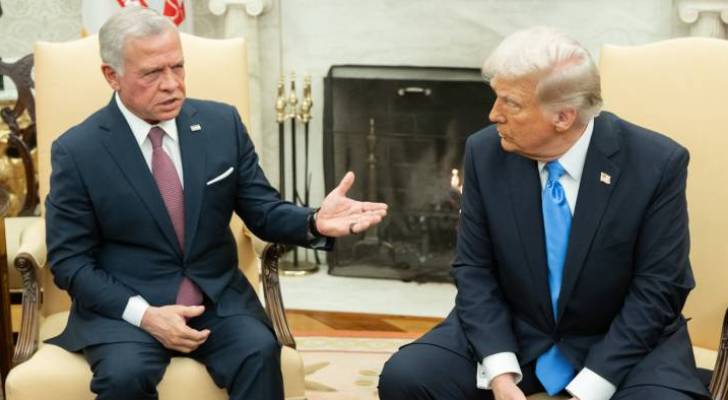Gov’t ends council terms amid calls for accountable, transparent local governance
AFP
AMMAN — The Cabnet on Sunday announced the dissolution of all municipal councils, governorate councils, and the Greater Amman Municipality Council, effective July 7, 2025, as part of what the government said a “comprehensive plan to overhaul the local governance system.
The Cabinet said that the decision was intended to “prepare the ground for legislative and institutional reforms in line with the government’s commitment to modernising local administration,” officials said in a statement.
Minister of Local Administration Walid Masri said that the government will announce interim municipal committees on Monday to ensure continued service delivery. The committees will operate until new elections are held.
“The government [is] committed to reforming local administration laws based on the Royal committee’s recommendations. We began nationwide dialogue in June and will continue these consultations to finalise a new legislative framework,” Masri said, in an interview with Al Mamlaka TV.
“Committee members were chosen based on merit and neutrality, and many include youth leaders, women, and persons with disabilities. The heads of these committees were deliberately selected from outside the municipalities they will serve, to ensure impartiality and fair distribution of services,” he added.
Masri said that the new law is expected to be drafted by early August and will incorporate input from civil society organizations and local stakeholders. He noted that although many local councils had completed most of their legislative tasks, financial distress, underperformance, and uneven service delivery had prompted a need for fresh leadership and reforms.
The move comes amid growing concern about the effectiveness of Jordan’s decentralisation endeavor, Executive Director of Al-Hayat Center Rased, Amro Nawaiseh, said, adding, “The decision reflects a broader public disappointment.”
“Many elected councils have failed to deliver their oversight and service roles effectively. They lacked initiative and sustainability, and in many cases, public trust declined not only in local institutions but in the state more broadly,” Nawaiseh said.
He stressed that while laws are essential, the real issue lies in the absence of transparent governance mechanisms, weak accountability, and politicised local decision-making.
“The solution lies in establishing clear performance criteria, selecting competent and ethical members, and anchoring the system in the principles of good governance,” he added.
Abdullah Jabbara, a member of the Royal Committee to Modernise Political System and head of its Local Administration subcommittee, said the dissolution marks “a constitutional and strategic shift to reset Jordan’s local governance in line with the committee’s recommendations”.
“This move is not merely administrative; it reflects the state’s intention to build a more inclusive and efficient local governance system, capable of long-term planning and broad citizen participation,” said Jabbara, who also serves as Executive Director of Majlisuna for Community Development.
He added that the committee’s proposals aim to reframe the relationship between elected and executive councils, increase developmental effectiveness, and create a legal foundation that reflects Jordan’s second centennial goals.
“The upcoming law is expected to expand youth and women’s representation, enhance accountability, and correct the structural overlaps that have long hindered local councils,” he noted.
Former MP Ali Hajahjeh said that local councils operated with procedural flaws over the past years.
“There was no real partnership between elected councils and executive authorities. Their roles were often unclear, overlapping, and riddled with power struggles,” he said.
He explained that while executive councils in the governorates had institutional resources and bureaucratic experience, elected governorate councils lacked the tools and continuity to perform effectively.
“Much of their work was based on individual effort, with little use of institutional knowledge built by previous councils. The developmental role expected from them was unclear or unrealised in many areas,” Hajahjeh said.
He also criticised the electoral dynamics, saying many councils were shaped more by personal, tribal, and local alliances than by professionalism and merit.
“The decentralisation project was supposed to empower local leadership and prioritise local needs. Instead, many elections became extensions of personal rivalries and regional loyalties, undermining the spirit of decentralisation,” he added.
Hajahjeh said this has led to growing public apathy and skepticism toward decentralisation efforts, noting that many voters who participated in the first round of elections were reluctant to do so again.
Despite the challenges, officials insist that the next phase will focus on restoring public confidence, empowering local institutions, and ensuring broader representation.
The Ministry of Local Administration said consultations will continue throughout July, with a draft law expected to be submitted to Parliament in the coming months.
Latest News
-
 Jordan carries out two more Gaza aid airdrops, with UAE participation
Jordan carries out two more Gaza aid airdrops, with UAE participation
-
 Trump: I spoke with Netanyahu, working on plans for Gaza
Trump: I spoke with Netanyahu, working on plans for Gaza
-
 Two-state solution back in focus at UN peace summit
Two-state solution back in focus at UN peace summit
-
 Jordan to continue Gaza aid efforts, rejects skepticism: spokesman
Jordan to continue Gaza aid efforts, rejects skepticism: spokesman
-
 King, in call with Trump, discusses regional developments
King, in call with Trump, discusses regional developments